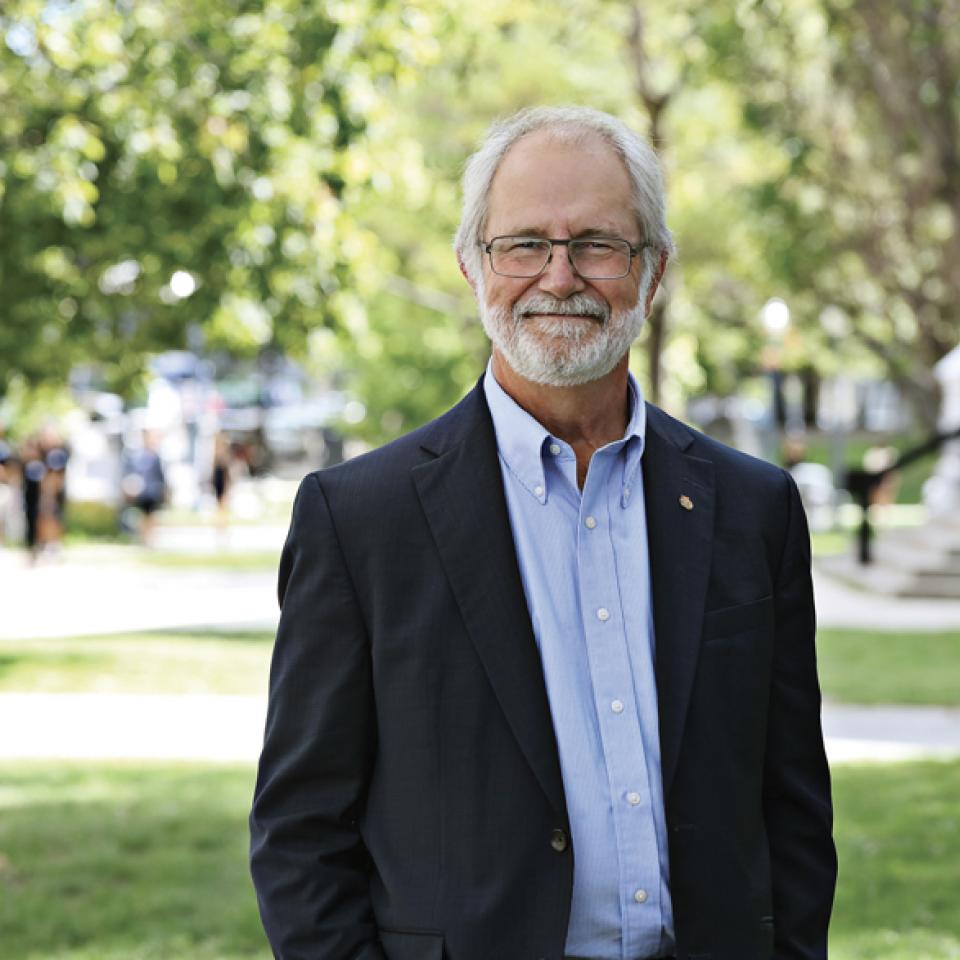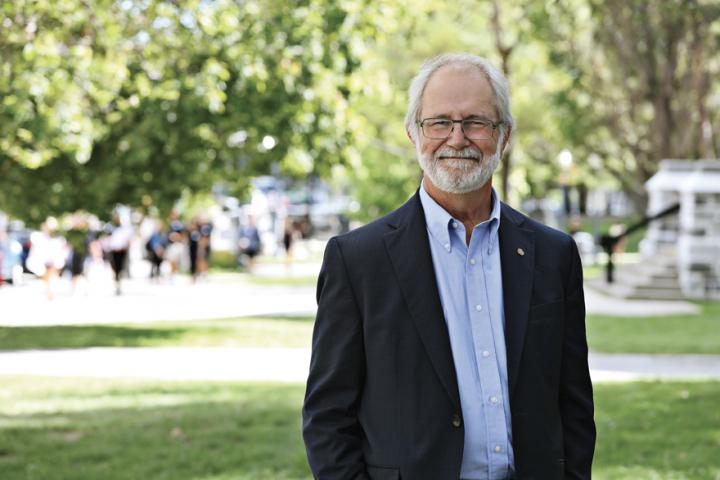I recently issued “Components of an Emerging Strategy: a Report on the Conversation,” an account and analysis of what I heard from the Queen’s community in various forums over the last 12 months. The document is intended to serve as the basis for a new strategic framework for the university that I intend to bring to the Board of Trustees in March, and I hope alumni will join in the process, between now and then, of refining and integrating the various components of strategy described in it. Opportunities for doing so have been arranged and advertised.
A significant portion of the report focuses on challenges we face as an academic community, because the quality and functionality of that community is critical to anything we might hope to achieve in the future. Issues relating to equity, diversity, inclusion, and Indigeneity – and finding an answer to the hitherto intractable question of systemic and personal racism – naturally occupy an important place in that discussion. But what frames the entire report, and the ultimate reason for attending to the quality of our community, is the need to identify and maximize our impact in the world.
I focused on that theme for two reasons. One is that the need for Queen’s to regain a sense of meaningful purpose was a recurring and pervasive theme throughout the Conversation. The other is that much of the Conversation was conducted in the context of the COVID-19 crisis, which reminds us every day that research, education, wisdom, and creativity – the elements that define institutions like our own – are the hope of humanity and the planet. I embarked on the Conversation by asking the university what it exists to do. In its actions since last March, including Dr. Art McDonald’s ventilator project, innumerable others aimed at advancing basic research in virology and in the social consequences of the pandemic, or at the management of health data and other challenges now invested with life or death significance, the university has replied that it exists to have positive impact on the lives of people everywhere, and on the planet that sustains them.
In the report I propose the United Nations 2030 Agenda for Sustainable Development as a framework within which we might articulate the particular areas in which our university seeks to contribute. Were we to use that framework, we would in fact be joining a global network of higher education institutions already cooperating to address the greatest challenges that face humanity. Partnership itself is named as the 17th and last of the sustainable development goals, and I believe it is through a heightened capacity for partnership within the university, with other institutions and organizations, and with the local and global communities we serve, that we will find the excellent work of our researchers and educators amplified, and our impact as a university magnified.
The report speaks particularly to the faculty, staff, and students whose work right now comprises the daily life of the institution, but it seeks and will appreciate input from the Queen’s extended family and from present and future partners.
Patrick Deane
Principal and Vice-Chancellor
Learn more about the report, or read it in its entirety, and submit your feedback on the principal’s website.

